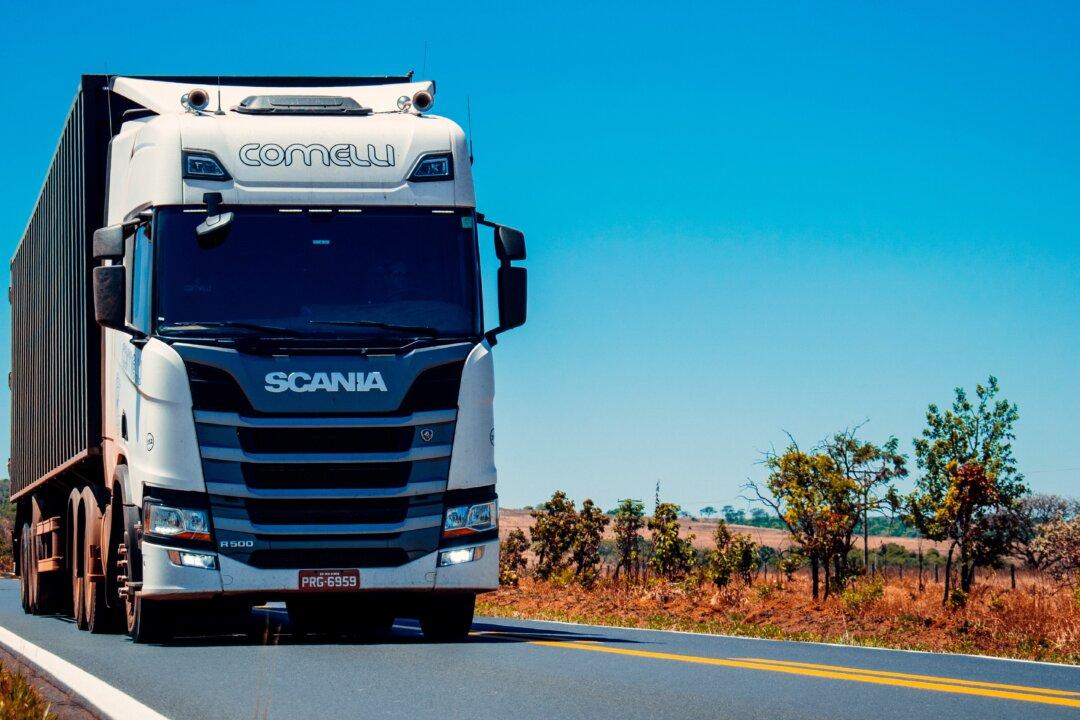Western Australia (WA) is set to host two separate billion-dollar urea manufacturing projects that will sever Australia’s dependence on imports amid global supply chain chaos.
Australia relies almost entirely on imports of urea to sustain its agricultural and trucking industry, with the ingredient used in the production of fertiliser, along with being the primary ingredient in AdBlue, which is required in trucks to limit emissions.





